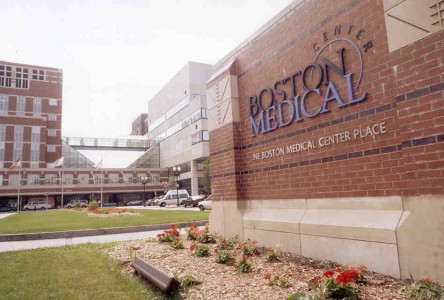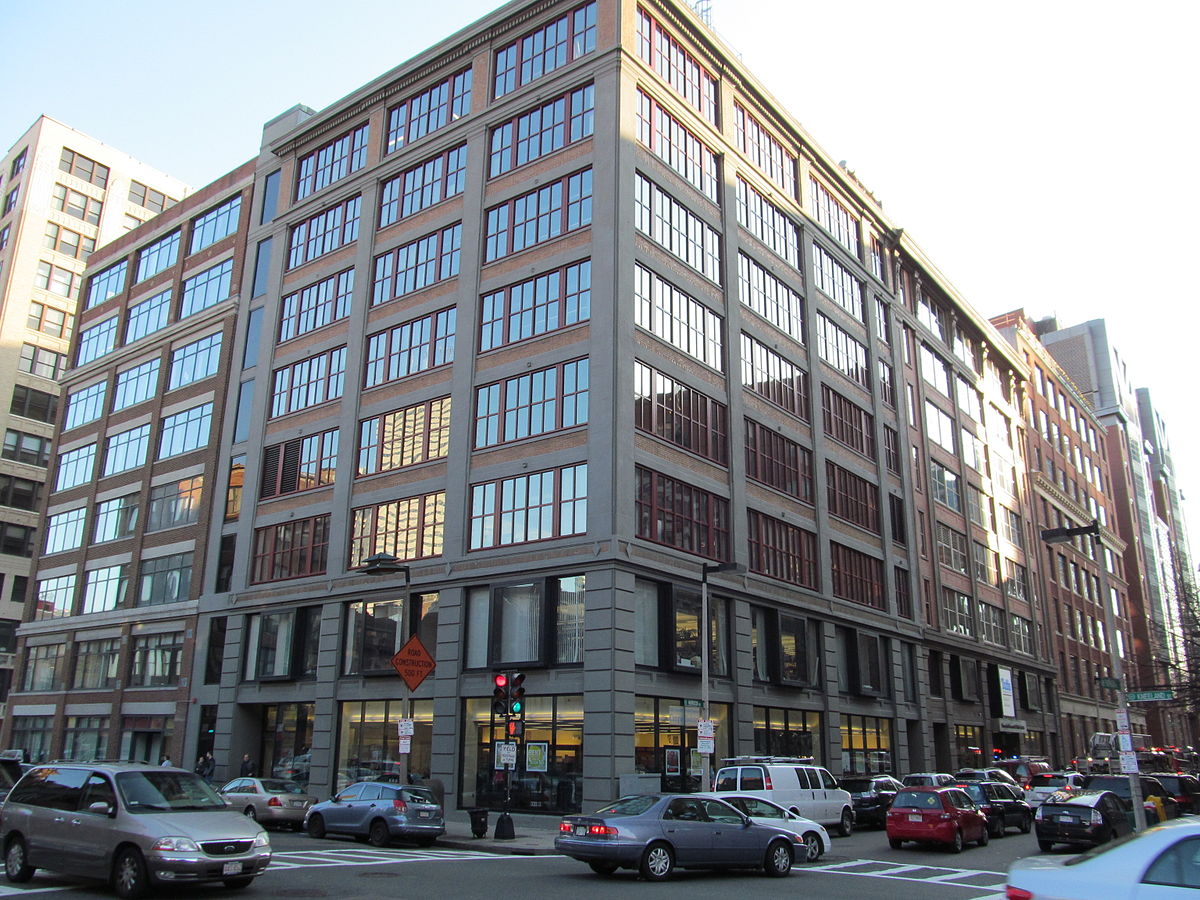During the regular city council meeting, the Boston city councilors discussed institutions and organizations that do not pay property taxes and how to get a fair share of financial contributions from them.
Councilors Annissa Essaibi George and Lydia Edwards sponsored the motion, requesting a working session on the topic.

Boston has a PILOT (payment in lieu of tax) program where they ask cultural, educational and medical organizations to make voluntarily contributions since they do not pay taxes. In 2018, the city gained $33.6 million contributions, which was an increase from the year before. However, some institutions are still not meeting the requests by the city. There have actually been several organizations that have given no contributions. The council held numerous meetings last year about the issue.
“We have seen an increase in contributions,” said Edwards on Wednesday. “But we need to be at 100 percent.”
Edwards said the city needs to do new assessments on these organizations’ properties, since the last time the city did so was a decade ago. She also believes the city needs to develop guidelines as to what community benefits are. One of the reasons why these organizations do not pay taxes is because of the community benefits they offer Boston. However, Edwards pointed out there is no set standard by the city as to how “community benefits” is defined. She said one organization last year told the council one of their benefits is students do not have to go to Boston Public School because they can go to their school.
“That’s embarrassing,” she said. “That’s insulting.”
Essaibi George thanked the organizations for their contributions, but said they also rely on public services like everyone else.
“They use our infrastructure. When they call police or the fire department, they come,” she said. “This is a call for what is fair.”

The councilor reminded the council that budget season is just around the corner and the city heavily relies on property taxes.
Councilor Josh Zakim agreed with Edwards, saying the city needs to do updated property assessments. He also doesn’t like that the PILOT program is voluntarily.
“That’s a problem,” he said. “They need to pay their fair share.”
In other news, the council will soon have a hearing on hypodermic needles that have been found all over the city including in parks, schools and playgrounds, and how to develop solutions on cleaning them up more efficiently.
“It’s an ongoing problem,” said Councilor Kim Janey.
Boston does have the Mobile Sharps Team that goes around the city to safety dispose of needles that have been left in public spaces.
“They do a great job, but they need help,” said Janey.
The councilor said she is especially worried about needles found on school properties.
“To ensure students can learn, we need to give them a safe environment,” she said.
Eassaibi George agreed. “They are a daily threat to the safety of our children,” she said.



